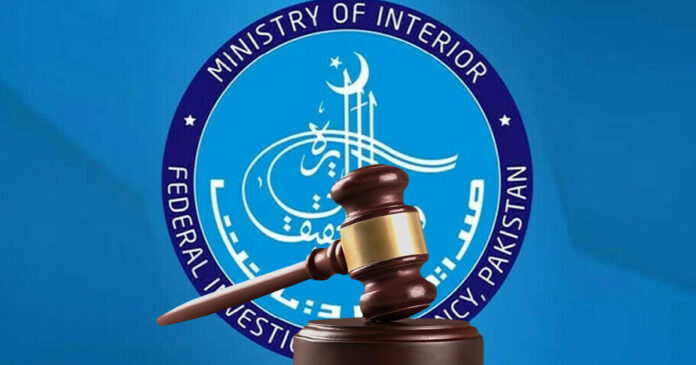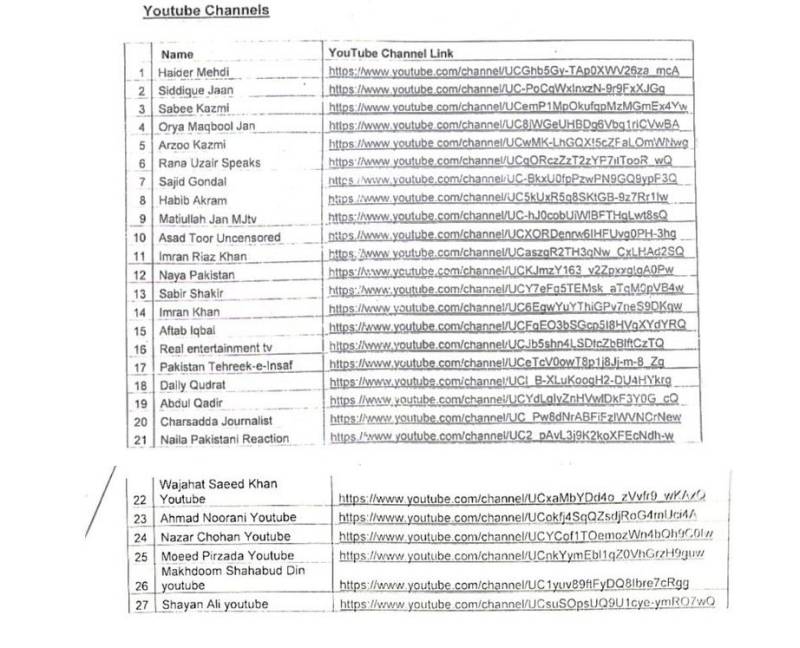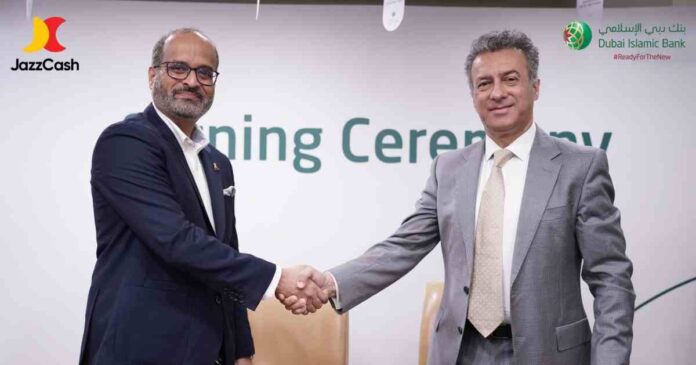The football world is still reeling from the heartbreaking loss of Diogo Jota, and now, Spanish authorities have shed new light on the tragic car crash that claimed his life along with his younger brother, Andre Silva, last week near Zamora, in northwestern Spain.
While tributes continue to pour in from across the globe, a police investigation is quietly working in the background, and its early findings point toward excessive speed as a potential factor.
What Police Are Saying
According to international media reports on Tuesday, Spain’s Guardia Civil is focusing on the possibility that Jota was driving well above the 120 km/h (75 mph) speed limit at the time of the crash.
The suspected trigger? A tyre blowout, which may have caused the vehicle to lose control and catch fire.
“The expert report is being carried out and finished, where among other things they are studying the marks left by one of the wheels of the vehicle,” a spokesperson for the Civil Guard said.
Investigators also confirmed that Diogo Jota was likely behind the wheel when the accident occurred. The analysis is currently centred on tyre marks and other physical evidence left at the crash site.
A Footballer Remembered Far Beyond the Pitch
The loss of Diogo Jota has left a hole not just in the hearts of Liverpool FC fans but in the global football community.
Since joining the Reds from Wolverhampton Wanderers in 2020, Jota quickly became a fan favourite, known for his intelligent runs, sharp finishing and relentless work ethic.
He made 182 appearances for Liverpool, scoring 65 goals across all competitions, no small feat at one of the world’s biggest clubs.
On the international stage, he earned 49 caps for Portugal, often featuring in high-pressure matches and becoming a key member of a side filled with star power.
Stay tuned to Brandsynario for the latest news and updates.














































































